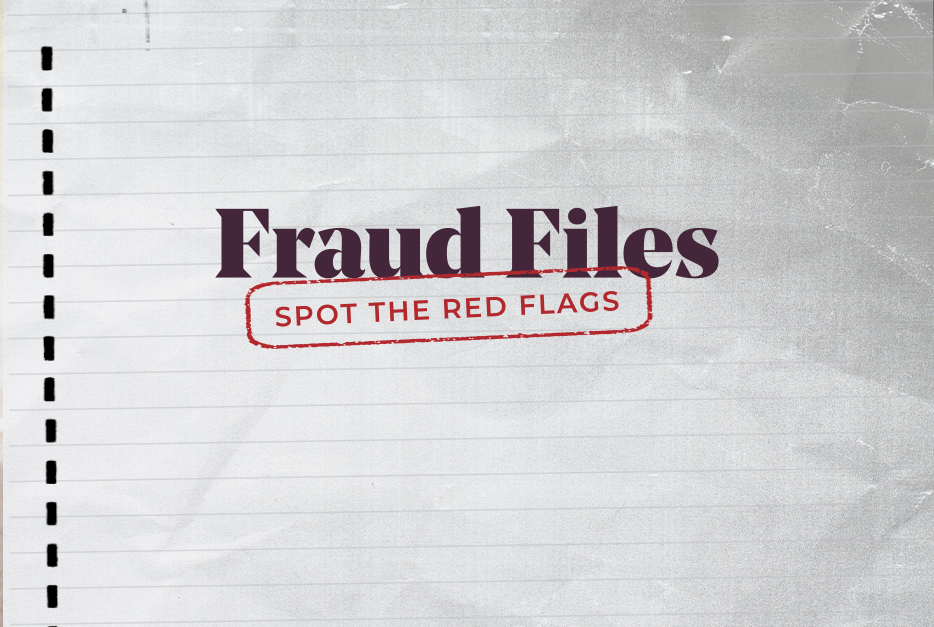Fraud prevention centre
Every year, tens of thousands of Canadians fall victim to fraud. Protecting our members is our priority. Providing the information, education, and methods that you can use to protect yourself and to learn how to spot and stop fraud is our first step. Remember that fraud can happen anytime, anywhere, and to anyone—including you.
Our fraud prevention centre contains valuable information on scams, spotting red flags, and tips on how to protect yourself from falling victim to fraud. In addition, the Security section of our online Insights & Advice is a great resource for information, recommendations, and articles on security and fraud, including our popular series, Fraud Files: Spot the red flags, real-life stories of fraud.
Fraud alerts

Protect yourself
Learn about fraud and how to safely carry out your day-to-day activities in today’s digital world.
Learn how to stay safe
Spot the scam
Discover more about fraud scams and how to spot and stop fraud before it happens to you.
Become scam savvyDid you know?
The Canadian Anti-Fraud Centre (CAFC) is Canada’s central source for information on fraud. In partnership with the Royal Canadian Mounted Police (RCMP), the Ontario Provincial Police (OPP), and the Competition Bureau, the CAFC provides news, information, and resources for citizens and businesses in Canada to report fraud.
The numbers:
- In 2024, the Canadian Anti-Fraud Centre ( CAFC) processed over 49,000 reports of fraud from almost 35,000 victims.
- The CAFC confirmed that in 2024 Canadians lost $638 million to scams and fraud — an increase of 60 million from 2023.
- Despite the rise in financial losses, the rate of fraud being reported remain low, with only 5% to 10% reported.
- Key findings in a TransUnion survey found that while the rate of suspected digital fraud grew year-over-year globally by 8% from 2022 - 2023, Canadian-based fraud outpaced the global rate significantly with a 39% increase in 2023 from 3.6% in 2022.
- The survey also found that telecommunications, insurance and online communities witnessed the most substantial increases in suspected digital fraud during that timeframe, with increases of 400 per cent, 90 per cent, and 75 per cent, respectively.



